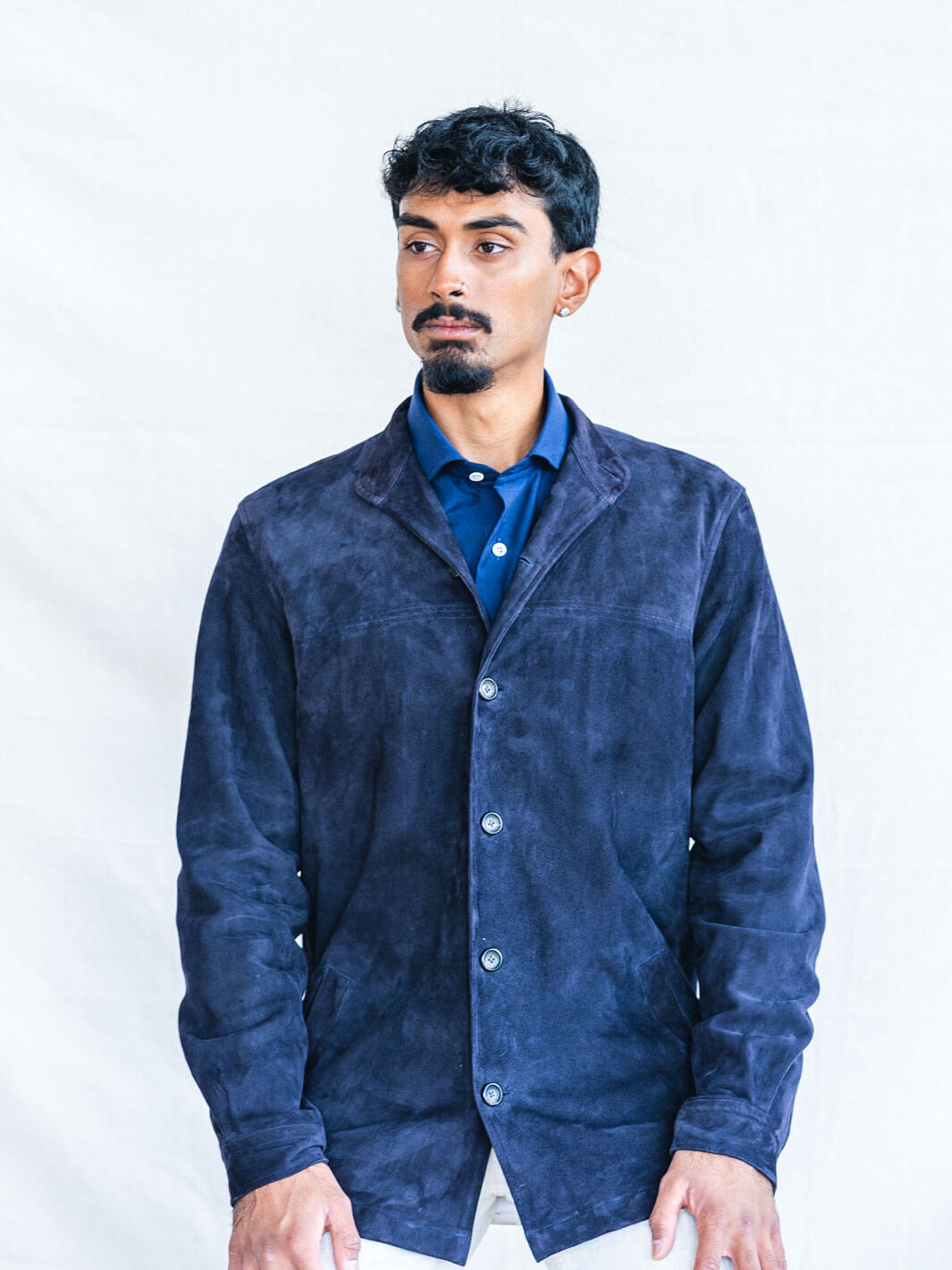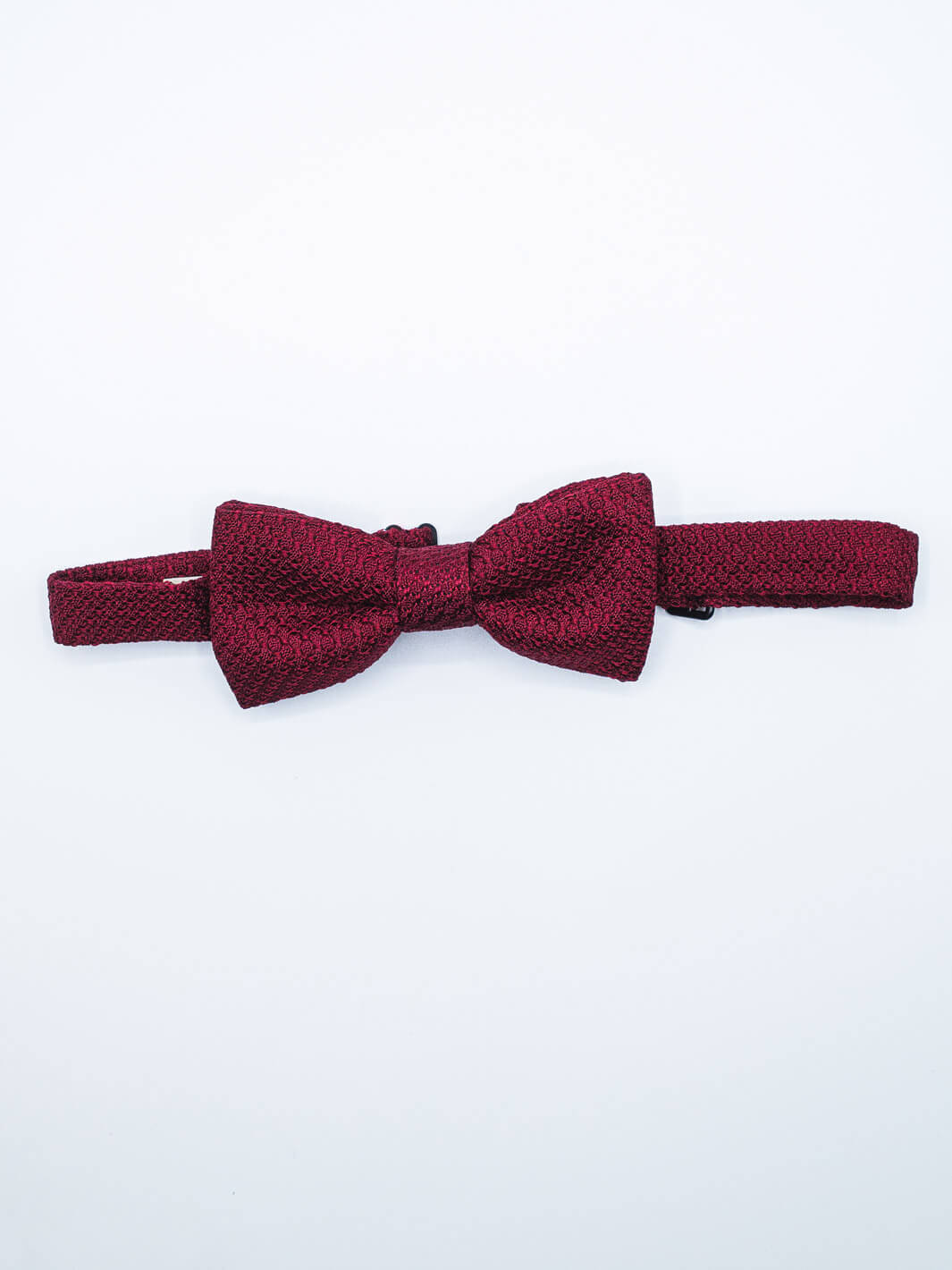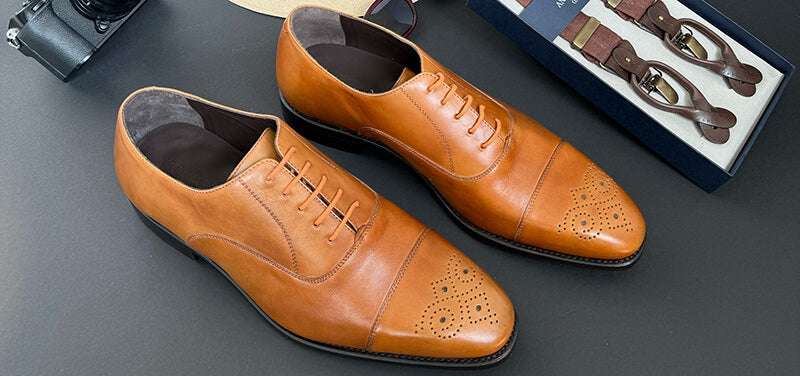Ever wondered how topography and weather systems have contributed to the contents of your wardrobe? Probably not: but it’s a much more interesting question than it looks at a glance, once you dig a little.
In the north of England, during the Industrial Revolution, factors including a damp climate with high humidity (which prevented thread from breaking) made Lancashire the epicenter of the country’s cotton industry. Conversely, on the other side of the Pennines, in Yorkshire, steeper hills, unsuitable for growing crops, were dedicated to raising sheep whilst the millstone grit found within the mountains filtered impurities out of rainwater, meaning that washed wool retained its lustrous, soft texture.
Which is why, since possibly as early as the 12th century, the Yorkshire town of Huddersfield and its surrounds have been the world’s epicenter for wool production – and therefore, more recently, suit fabric production. Whilst cotton, linen and tweed cloths are all in its wheelhouse, Dugdale Bros can claim to be a major protagonist in the world of classic men’s elegance, as a specialist in worsted wool: which is, cloth made from long wool fibers, spun into fine yarns, which have then been processed extensively to give the woven fabric crispness, sheen, smoothness, softness and shape retention.

Dugdale Bros – which was founded as a cloth merchant by brothers Henry Percy and Frederick Herbert Dugdale in 1896, and today remains the last independently-owned cloth merchant to have stayed in the town – is so proud of the ‘Made in Huddersfield’ statement found along the selvedge of its rolls of cloth that it works solely with spinners, weavers, dyers and finishers within a 10-mile radius of its Huddersfield HQ (although, inevitably, it also has a base near London’s Savile Row).
The names of some of its fabric collections – “Invincible’, ‘Fearnaught’, ‘Needle Ready’ – speak volumes about the company’s imperious approach to its craft. Meanwhile, a conversation with Owner and Managing Director Rob Charnock serves as a stark reminder as to why this storied company’s stunning fabrics are part of Anatoly & Sons’ bespoke offering.
“Our specific aim is to only create cloth that is suited to genuine bespoke tailoring,” he says. “It’s made specifically to give ease of purpose to every stage of hand making clothes, from cutting to final press. Our cloth is timeless, and its robust nature allows the tailor to create absolutely any style or fit with ease. The cloths and styling mean that with correct care and maintenance, clothes will last several lifetimes.”
At the core of this philosophy, Charnock says, is not being caught up in the quality-compromising pressures of being a mass producer. “We’re a boutique cloth producer, so we can remain true to the cloth making tradition of the town to create characterful cloth,” he says. “Our only purpose is to remain true to our heritage and produce beautiful and quite unique cloths.”

Charnock says that, for all his company’s adherence to heritage and tradition, it needs to move with times and trends. “We’re constantly adapting in order to continue our legacy,” he says. “Various drivers make us tweak our well proven cloth recipes and adapt to ever changing requirements – but our very close relationships with expert weavers and finishers makes these adaptations quite seamless.”
What kind of drivers? “Performance and comfort have been big ones over the last decade or so, as global travel has consistently grown year on year both for business and leisure. With this in mind, we’ve been able to create high-twist cloths which almost fully resist wrinkling. In plain weave versions suited to hot climates we’ve added an extra finishing process to clean the cloth’s back and face and allow greater air flow into the garments and keep moisture away.”
Charnock’s R&D team has also devised a mechanized version of the ’London Shrunk’: an 18th-century textile finishing process which pre-shrunk wool fabrics before they were made into garments. “The resultant cloth develops a memory and natural elasticity to help keep shape and a luster which regulates the milling to remain compact even with heavy wear,” he says. “All these processes have been evolved through our history and with an extensive archive we have a lot of inspiration at our fingertips.”
The classic elegance Renaissance, he says, has made this a fantastic time to be in the business of high-quality fabrics, used to create apparel for discerning dressers. “Consumers are looking to buy less, but of a higher quality,” he says. “In this fast-paced world, sophisticated men are now looking for more flexibility in their wardrobe, especially with more relaxed workplace dressing regimes becoming the norm post-Covid.”









